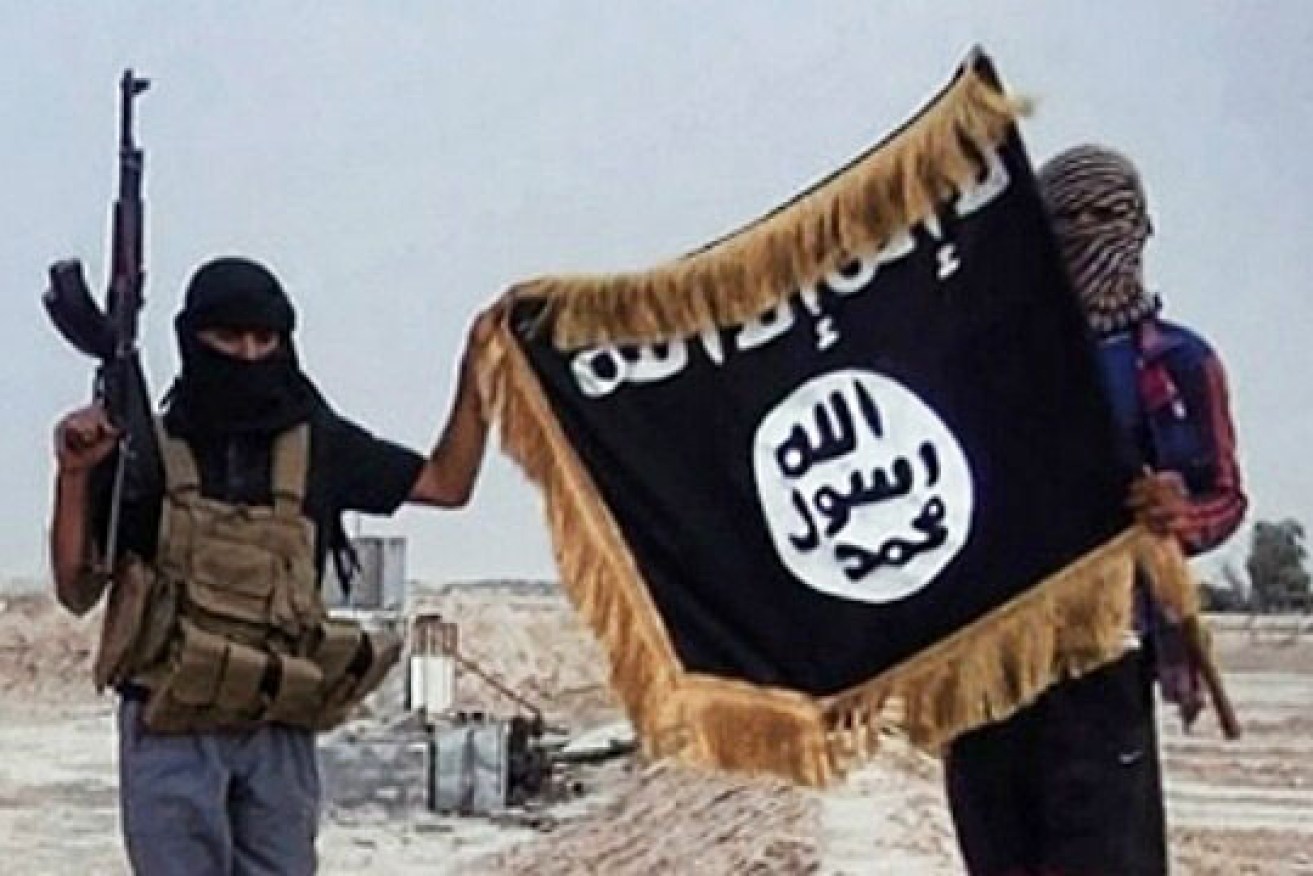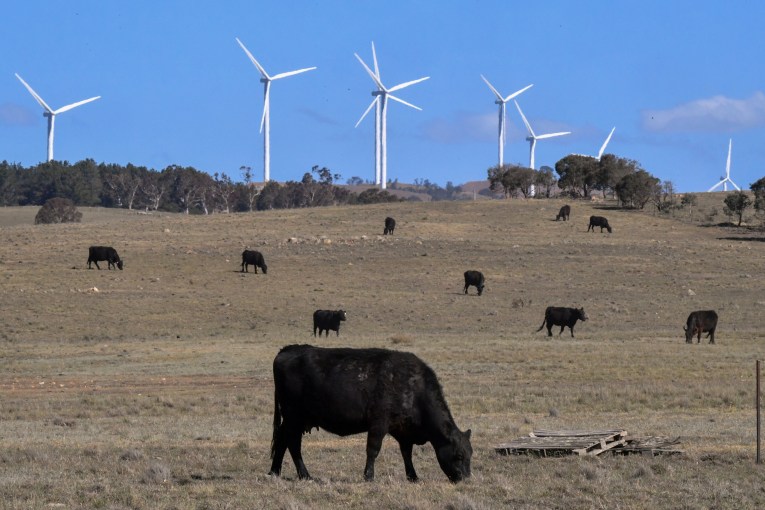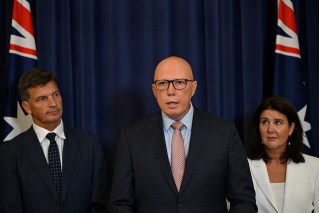Why banning ISIS returnees may not be our safest option


Australians detained or jailed in Syria will be at the mercy of invading Turkish troops. Photo: Getty
“Keep your friends close and your enemies closer,” is an often cited quotation. Is there a kernel of truth here that can be used for the 100 or so Australian ISIS fighters who want to come home?
In Australia the government attempted to remove the nationality of ISIS fighter Neil Prakash, claiming he was Fijian. That turned out to be false and his nationality remains Australian.
US Secretary of State Mike Pompeo has likewise cancelled the citizenship of Hoda Muthana, a US-born woman, saying he doesn’t want her back.
In the UK the Home Secretary Sajid Javid has cancelled the citizenship of UK-born Shamima Begum, who at the age of 15, left the UK with two friends to become ISIS brides.
Mr Javid, in circumstances strikingly similar to Australia’s reaction to Neil Prakash, claims the power to revoke nationality as Ms Begum may well be a Bangladeshi by descent – much like Australia claimed Mr Prakash was Fijian.

Ms Begum gave birth in a Syrian refugee camp. Photo: TND
While Ms Begum’s decision at the age of 15 might be put down to foolishness, youth or some other motivation, she did herself no favours on the BBC by stating that witnessing severed heads did not bother her and that she drew a moral equivalence between ISIS actions and Western governments’ bombing of ISIS territory. I would not want her back in my community.
Ms Muthana says she is sorry and regrets her decision. Mr Prakash has shown no remorse.
While some may say ‘good riddance’, without an intervention the ‘where will they go and what will they do’ is likely to be ‘to a pretty bad place where they have the freedom to plan attacks on us’.
ISIS is an ‘ideology and an idea’, not just territory. The territory may be lost to them, but the ideology is not. As evil as it is, the danger of terrorist attacks is now higher, precisely because terrorism is all that ISIS has left.
Why leave more potential terrorists out there free to roam?
Consider this: in the late 1980s the Royal Ulster Constabulary estimated that the IRA had around 750 members, of which only a small number were active participants in ‘The Troubles’. Yet, with relatively few terrorists, the IRA was able to cause havoc, death and mayhem.
So how many terrorists will ISIS be able to call upon? While the number is unknown, it is sure to be far more than the IRA ever had. Why leave more out there?
I have little sympathy for Ms Muthana, Mr Prakash or Ms Begum. I certainly wouldn’t argue that countries should take them back on any sort of compassionate grounds, but I wonder if Western countries are doing the right thing from a security perspective. Maybe, just maybe, letting them come home and holding them to account is the least-bad of bad options.
In Australia, UK and the US, authorities can investigate, charge, prosecute and monitor. If they are released into Syria or Bangladesh these fighters will be angry, isolated and more likely to radicalise themselves further and, worse, radicalise others. Where are they likely to do most harm: under our eyes, or free to roam?
Further, Ms Begum was born in the UK, raised in the UK and radicalised in the UK. Is it not a huge abrogation of British responsibility to now say she is Bangladesh’s problem? Surely a product of British society who has potentially broken a British law should be held to account in Britain? Same with Australia trying to off-load Mr Prakash to Fiji.

Confusion continues over the citizenship of terrorist Neil Prakash. Photo: AAP
How dare advanced countries off-load their greatest problems onto smaller nations? How foolish are they to think this would make them safer? Sweeping these people under the carpet where silently they access the dark web and encourage others to attack is foolish.
And what of the children? Save the Children claims to have found 2500 children of ISIS brides in 30 camps alone. Do we just give up on the babies because of their mothers, even if these babies are nationals of US, Australia and UK by descent?
While some people might think ‘good riddance’, is it really our safest option to put these people together in dysfunctional countries with another reason to be angry at us? Or is it in our best interests to bring them home, investigate them, charge them if necessary and monitor them and their activities?
Further, with some already ‘at home’ now more than ever Western governments need to reach out to their Islamic citizens and partner with them to watch, observe, find those returnees who slip through the net and warn on radicalisation.
Despite their similar approaches on citizenship, the UK Home Secretary has one huge advantage over Peter Dutton in Australia. Mr Javid, a Muslim himself, knows that the Islamic community does not support radical terrorism. Islamic citizens are the first line of defence, not first line of fear.
While Mr Dutton has not been subtle in playing the race and fear card, Mr Javid knows well that giving into fear and allowing the alienation of the Islamic community can, at times, help the terrorists in their cause of radicalisation youth. Mr Javid knows only too well that creating a narrative of fear and loathing of all Muslims is likely to make Britain less safe.
Will Mr Dutton learn that lesson in Australia, with an election around the corner, or will fear make Australia more vulnerable?
Andrew MacLeod is a visiting professor to Kings College London, Chairman of Griffin Law, a non-executive director to Australian and US companies, and a former high-level UN official








